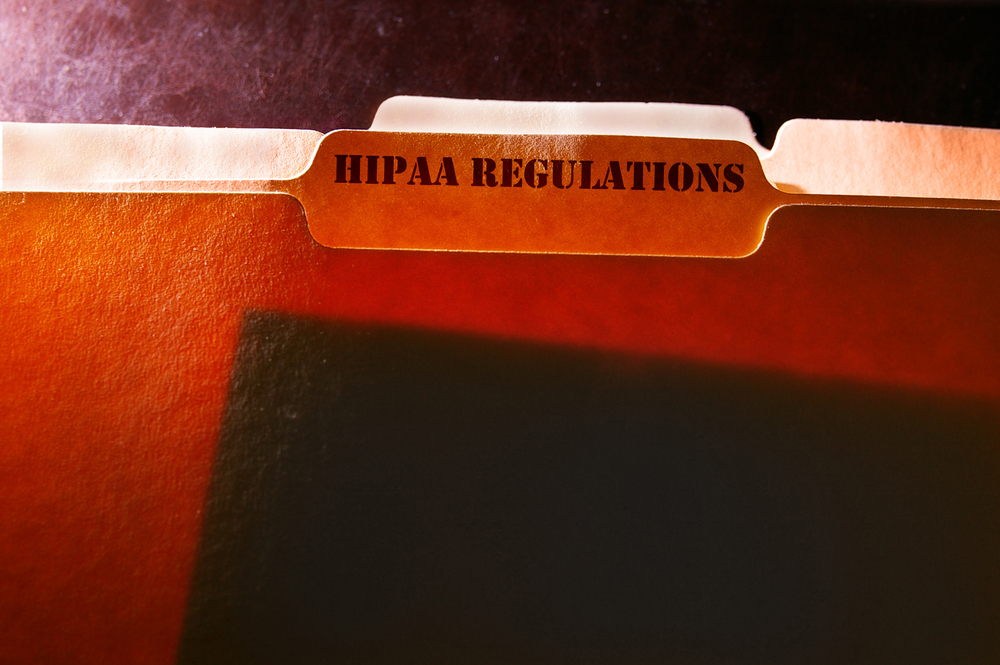with contributing author Nicole Waid
In 2015, the U.S. Department of Health and Human Services (HHS) is expected to audit 350 covered entities—health plans, health care providers and clearinghouses. Audits are one of several actions that the department may take to ensure compliance with the Health Insurance Portability and Accountability Act (HIPAA), as amended by the Health Information Technology for Economic and Clinical Health Act (HITECH). The HHS Office for Civil Rights (OCR) also investigates complaints and performs compliance reviews that may lead to corrective actions or resolution agreements that obligate a covered entity to change its practices. Civil monetary penalties issued by OCR for noncompliance have reached as high as $4.8 million.In addition to auditing 350 covered entities, OCR will audit 50 business associates who provide services for these covered entities. Although OCR previously audited 115 covered entities in 2012, these audits will be the first ones for business associates, who provide legal, actuarial, management, accreditation, financial and other services that involve the use and disclosure of protected health information.
OCR is required to perform periodic audits of covered entities and their business associates to ensure their compliance with federal privacy, security and breach notification rules. The audits were supposed to begin last fall. Last year’s delays were attributed to technical difficulties with the system that OCR will ask covered entities and business associates to use to submit documents for the audits. Others have speculated that changes in senior level positions at OCR may also be contributing to delays.
This year’s delays in the start of the audits may be ascribed to determinations as to what the audits will test. In January, the new OCR director, Jocelyn Samuels, reportedly stated that the office has not yet created its revised audit protocol for the upcoming audits. The updated audit protocol is expected to account for OCR’s experience with the 2012 audits. The revised protocol must also reflect HHS’s issuance of the 2013 omnibus rule, which made business associates directly liable for noncompliance with HIPAA and HITECH.
Also in January, Samuels identified four weak areas of compliance in which OCR continues to identify “high impact” cases for enforcement. To prepare in these specific areas, covered entities and business associates should:
- Perform a comprehensive security risk analysis and ensure your organization has risk management practices;
- Train and re-train workforce members;
- Identify threats and hazards to information systems with electronic protected health information and take steps to reduce such threats; and
- Review your policies and procedures to ensure they are sufficient and address all aspects of the privacy, security, and breach notification rules.
Covered entities and business associates should strive to ensure that both their security risk analysis and their training are updated on an annual basis. Covered entities and business associates should supplement “out-of-the-box” privacy, security and breach training programs with specific training hypotheticals that mimic incidents that have occurred in the workforce within the previous year.
Organizations that claim to have little to no risk should review the near daily news reports of hacking incidents at well-known companies for additional vulnerabilities that may require action to defend against attacks. Even if the covered entity itself has formidable security practices in place, weaknesses at a business associate may pose risks to the company. While performing a self-audit in preparation for one from OCR, a covered entity or business associate should consider auditing a selection of its third party vendors to identify risks to its protected health information.
Finally, policies and procedures should be updated regularly to account for the experience gained by the organization and to reflect actual privacy, security and breach practices. For example, as breaches can take several different forms, the lessons learned in responding to patient concerns or media queries should be incorporated into the next version of the organization’s breach notification policy.
________________________________
 Contributing author Nicole Hughes Waid is a Partner with Roetzel & Andress, where she focuses her practice on white collar litigation and corporate compliance matters. Previously, she was the Chief United States Attorney, Middle District of Florida, Fort Myers Division, from 2010–2013. Ms. Waid also previously served as Assistant United States Attorney, District of Columbia, in the National Security Section. During her tenure as a federal prosecutor, she handled complex white collar matters including bank fraud, health care fraud, mortgage fraud and public corruption. Ms. Waid also has extensive experience in investigating and prosecuting violations of the False Claims Act, Anti-Kickback Statute, anti-money laundering prohibitions, Foreign Corrupt Practices Act, and other criminal regulatory violations. Ms. Waid earned her law degree from the Catholic University of America Columbus School of Law and holds a B.A. from Villanova University. She can be reached at nwaid@ralaw.com.
Contributing author Nicole Hughes Waid is a Partner with Roetzel & Andress, where she focuses her practice on white collar litigation and corporate compliance matters. Previously, she was the Chief United States Attorney, Middle District of Florida, Fort Myers Division, from 2010–2013. Ms. Waid also previously served as Assistant United States Attorney, District of Columbia, in the National Security Section. During her tenure as a federal prosecutor, she handled complex white collar matters including bank fraud, health care fraud, mortgage fraud and public corruption. Ms. Waid also has extensive experience in investigating and prosecuting violations of the False Claims Act, Anti-Kickback Statute, anti-money laundering prohibitions, Foreign Corrupt Practices Act, and other criminal regulatory violations. Ms. Waid earned her law degree from the Catholic University of America Columbus School of Law and holds a B.A. from Villanova University. She can be reached at nwaid@ralaw.com.



 Vanessa K. Burrows is an associate at McDermott Will & Emery LLP, where she focuses her law practice on health care law, with an emphasis on medical device, drug, and pharmacy law. Her broad-based experience also includes HIPAA compliance, health privacy and security laws, and public health law. She earned her law degree from American University, Washington College of Law. She also holds a M.A. from Queen’s University in Belfast, Northern Ireland, and a B.A. from Valparaiso University. Ms. Burrows can be reached at
Vanessa K. Burrows is an associate at McDermott Will & Emery LLP, where she focuses her law practice on health care law, with an emphasis on medical device, drug, and pharmacy law. Her broad-based experience also includes HIPAA compliance, health privacy and security laws, and public health law. She earned her law degree from American University, Washington College of Law. She also holds a M.A. from Queen’s University in Belfast, Northern Ireland, and a B.A. from Valparaiso University. Ms. Burrows can be reached at 






